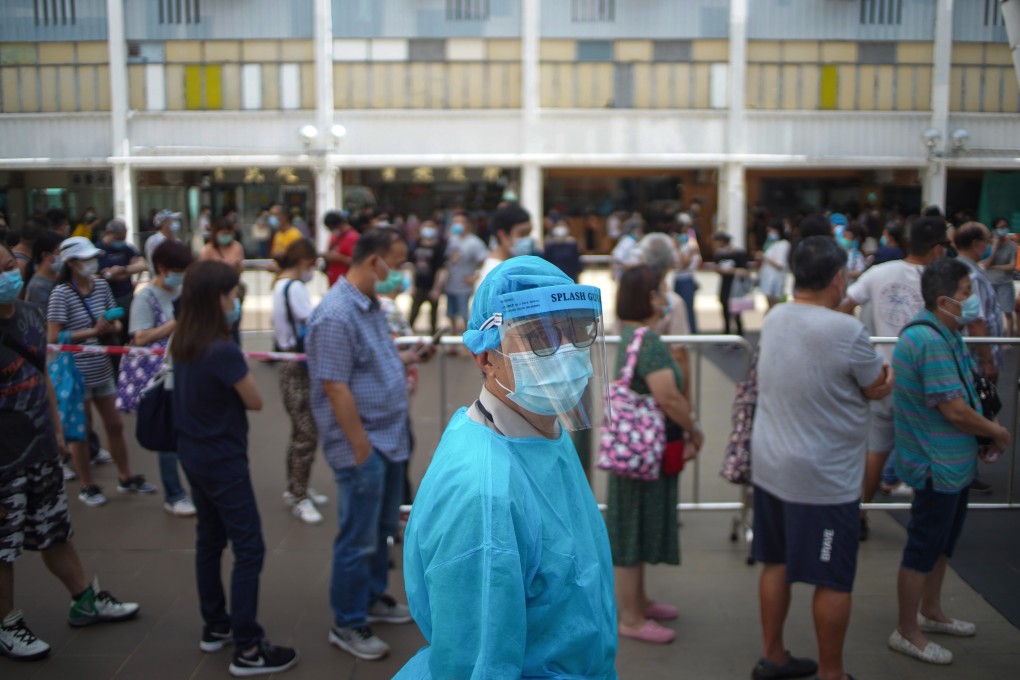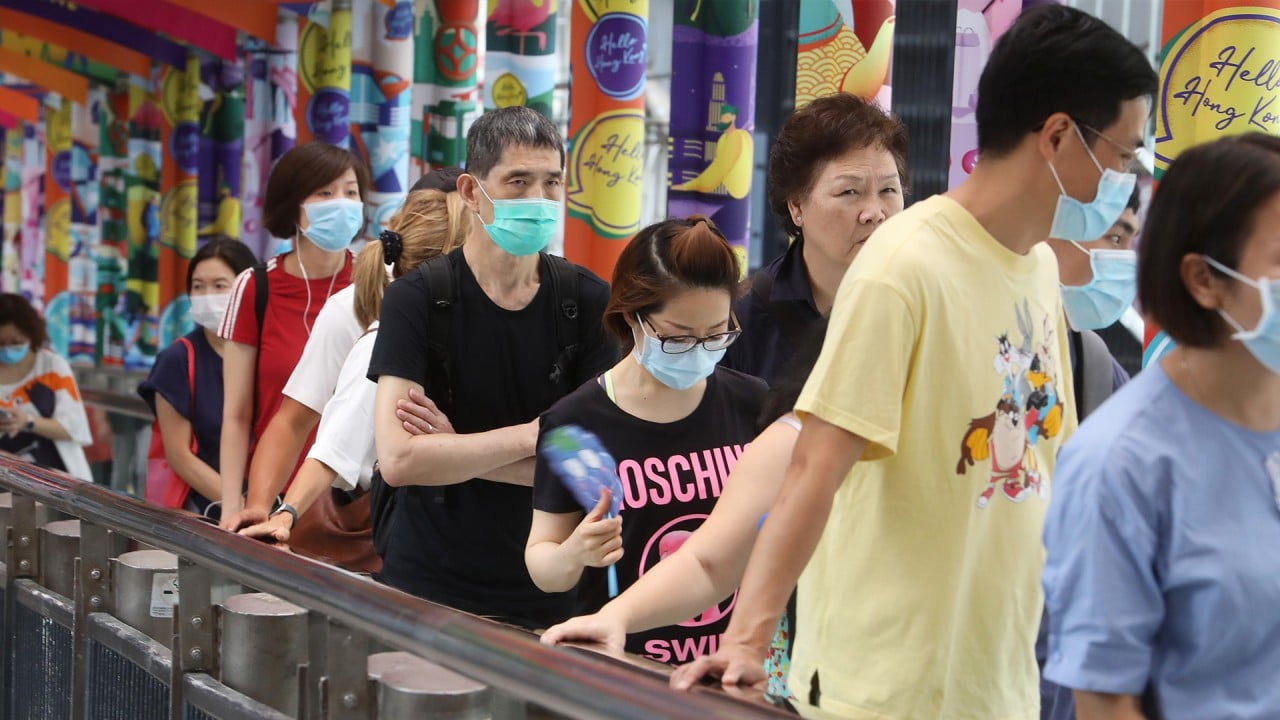Letters | Hong Kong’s third wave: extend screening to sewage, try ‘pool testing’ for speed
- Sewage testing, already adopted in Singapore and Australia, can detect community infections a week earlier than other tests while screening samples from pools of people rather than individually can also speed up the process

To protect public health, the government must expand coronavirus testing through monitoring the virus in sewage water and implementing “pool testing”, while keeping the public fully informed about how it is handling the pandemic.
Since Hong Kong’s use of seawater to flush toilets may affect the method’s validity, a research team at the University of Hong Kong has been working to adapt the method. The Department of Health should work with local researchers and the Drainage Services Department to conduct sewage epidemiology for early detection of community outbreaks.

03:10
Hong Kong battles third wave of coronavirus infections
By combining samples from multiple individuals and testing them at one go (followed by individual tests only if the results are positive), the city significantly boosted its testing capacity to a level comparable to countries such as the United States.